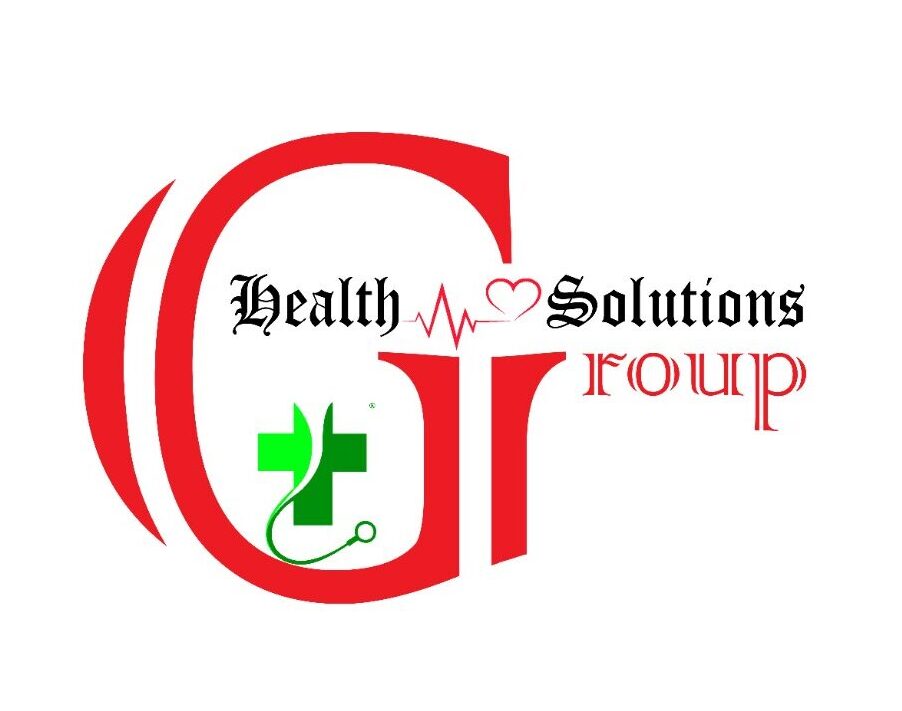Weed hangover is a term used to describe the lingering effects that some people experience after using marijuana. Just like alcohol hangovers, a weed hangover can leave you feeling groggy, tired, or mentally foggy the next day. While the intensity of a weed hangover varies from person to person, it’s becoming more common as marijuana use increases. In this article, we’ll dive into the causes, symptoms, and remedies for a weed hangover, helping you understand how to manage it effectively.
What is a Weed Hangover?
A weed hangover is the residual effect of marijuana use that continues even after the main psychoactive effects have worn off. Unlike an alcohol hangover, which is primarily a result of dehydration and the body processing toxins, a weed hangover seems to stem from the interaction between cannabinoids (mainly THC) and the body’s endocannabinoid system. While research on weed hangovers is limited, many users report experiencing aftereffects the next day.
Common Symptoms of a Weed Hangover
The symptoms of a weed hangover can vary but typically include:
- Fatigue and Lethargy: You may feel unusually tired or sluggish.
- Brain Fog: Mental clarity can be reduced, making it difficult to focus or concentrate.
- Dry Mouth and Eyes: Dehydration may persist, leaving you with cottonmouth or dry eyes.
- Headaches: Some individuals report mild headaches after heavy cannabis use.
- Increased Anxiety or Mood Changes: A weed hangover might also come with heightened anxiety or mood swings.
These symptoms often mirror those of an alcohol hangover but tend to be less intense. However, chronic weed users may experience more frequent weed hangovers as their bodies process higher amounts of THC.
Causes of Weed Hangover
Several factors may contribute to a weed hangover:
- Overconsumption: Consuming large amounts of THC can overwhelm the body, making it harder for the body to metabolize the substance effectively.
- Type of Strain: Some strains, especially indica-dominant ones, can produce sedative effects, leading to a sluggish feeling the next day.
- Method of Consumption: Edibles and other cannabis-infused products are metabolized differently and may linger in your system longer than smoked cannabis.
- Dehydration: Weed hangovers can be exacerbated by dehydration, just like with alcohol.
Understanding these factors can help you avoid the worst symptoms of a weed hangover.
Remedies for Weed Hangover
If you wake up feeling the effects of a weed hangover, there are several things you can do to ease the discomfort:
- Hydrate: Drinking water can help combat dehydration and alleviate symptoms like dry mouth and headache.
- Eat a Nutritious Breakfast: Eating a balanced meal can provide your body with the energy it needs to recover.
- Get Moving: Light exercise, such as a short walk or yoga, can help clear your head and improve circulation.
- Take a Cold Shower: A cold shower can refresh your body and mind, reducing grogginess.
- Rest: Sometimes, the best remedy for a weed hangover is simply more rest. Giving your body time to recover can help you feel better faster.
How to Prevent a Weed Hangover
To prevent a weed hangover, consider the following tips:
- Moderation is Key: Avoid overconsuming marijuana, especially if you are new to cannabis or using a high-THC strain.
- Stay Hydrated: Drink water before, during, and after cannabis use to prevent dehydration.
- Be Mindful of Edibles: If you prefer edibles, be cautious with dosage, as the effects can take longer to kick in and last longer than smoking or vaping.
By keeping these tips in mind, you can minimize the risk of experiencing a weed hangover and enjoy a more comfortable post-consumption experience.
Conclusion
While a weed hangover might not be as severe as its alcohol counterpart, it can still leave you feeling off the next day. Understanding the causes and symptoms of a weed hangover, along with effective remedies, can help you manage and prevent this unpleasant aftereffect. Whether it’s through moderation, hydration, or simply resting, taking care of your body after marijuana use is key to reducing the impact of a weed hangover.
By following these steps, you can ensure that your experience with cannabis remains enjoyable without unwanted aftereffects.

